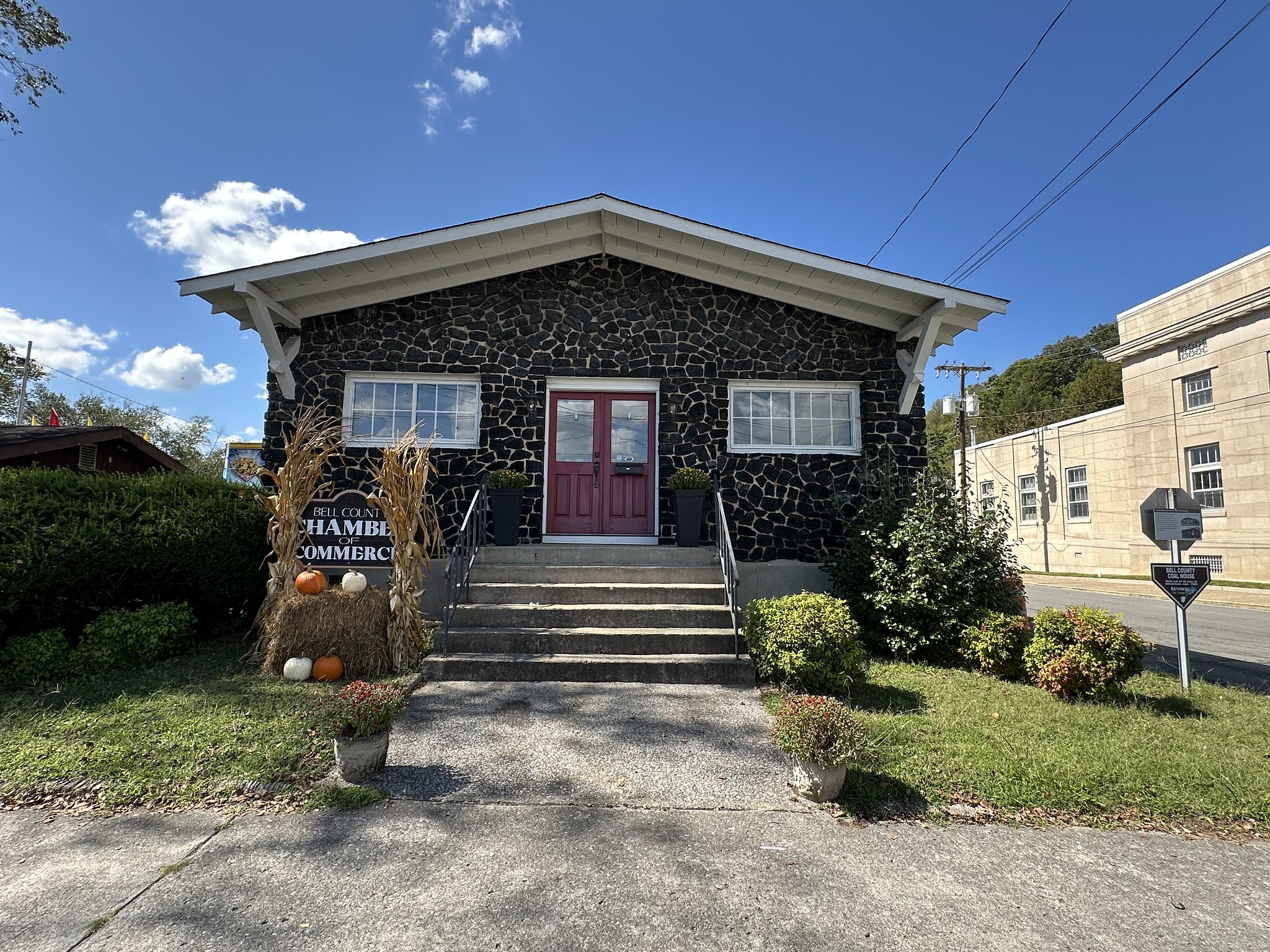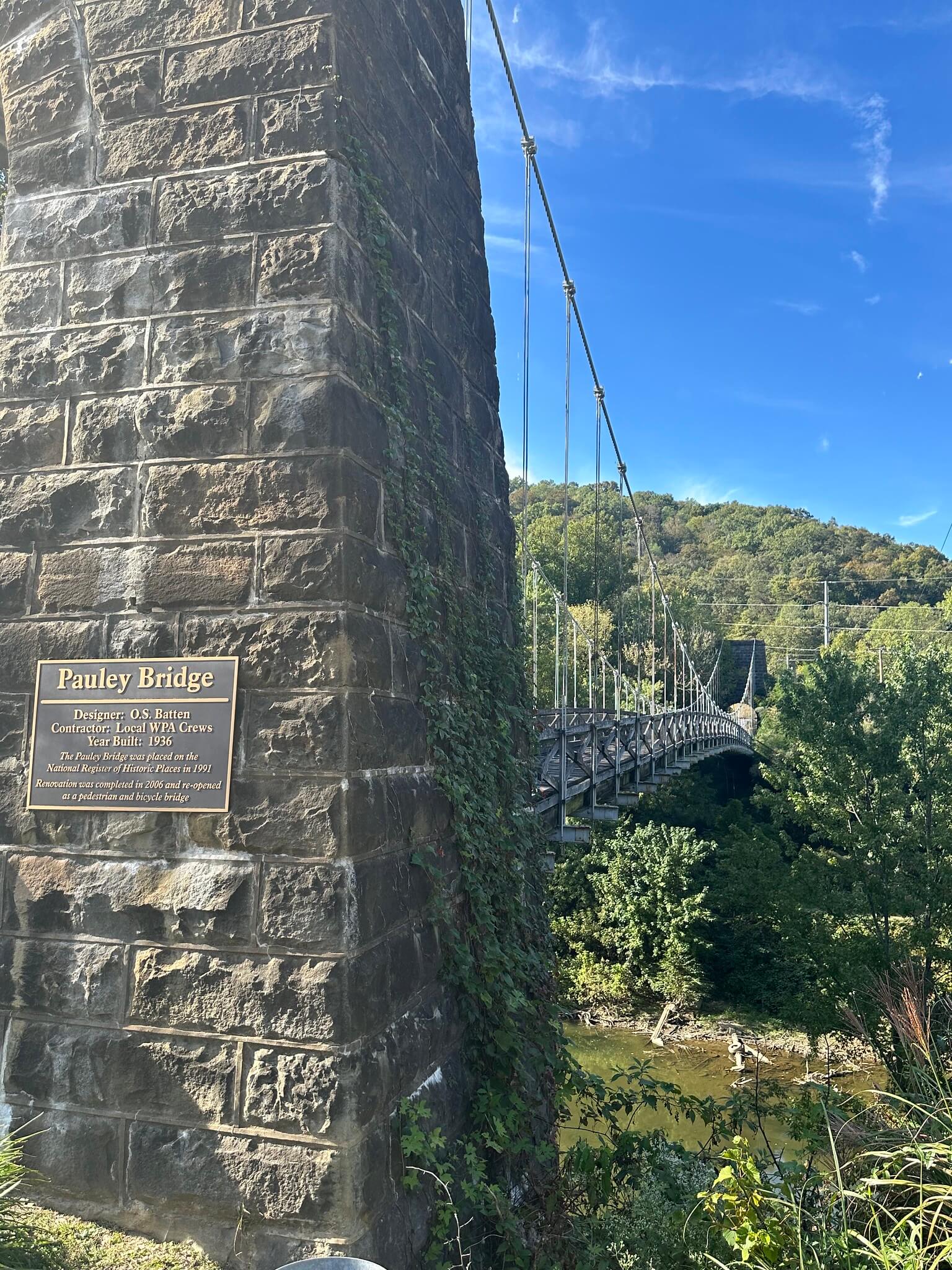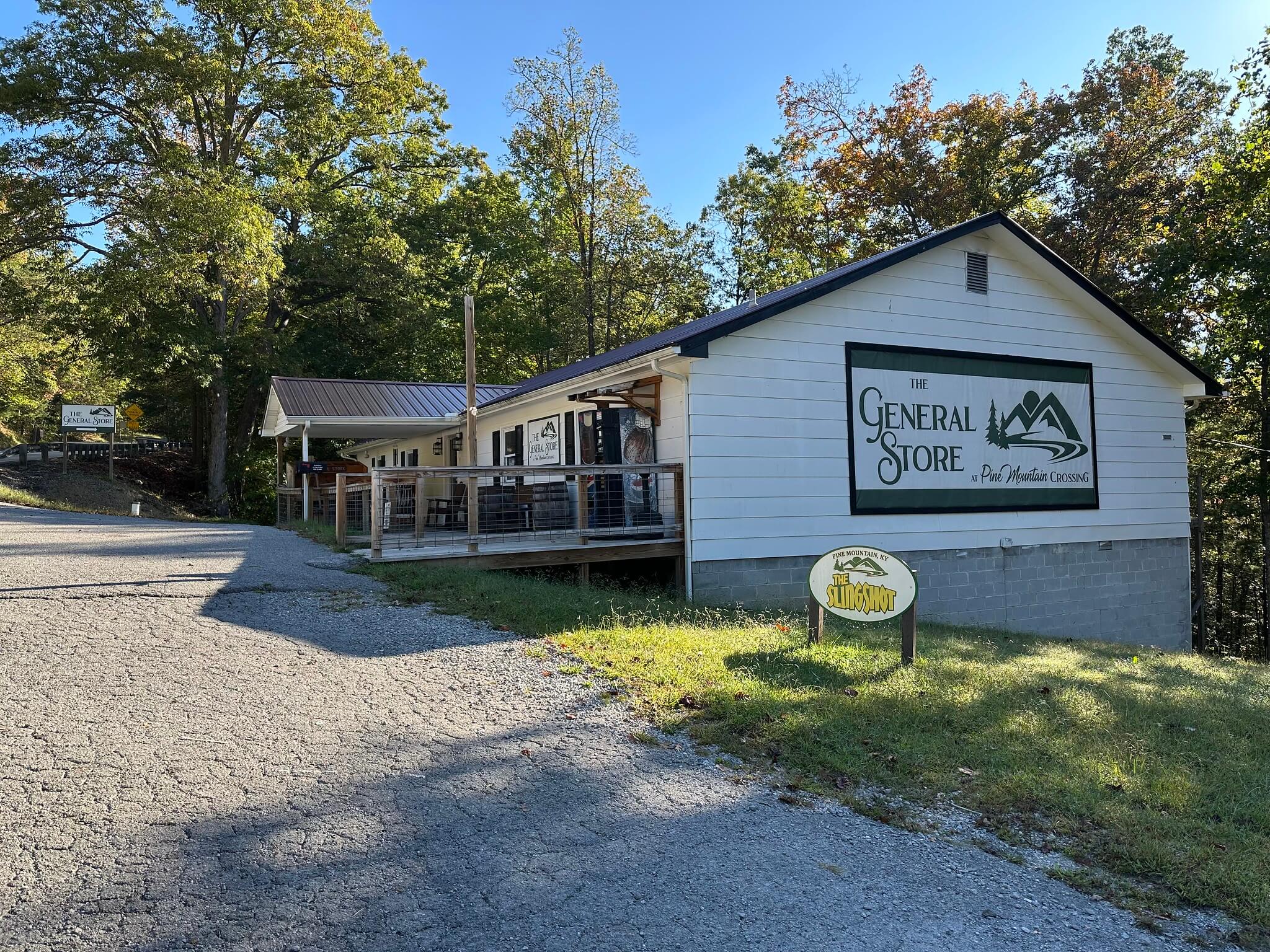Appalachian Figures When people in Letcher County rattle off the local names that somehow ended up on the national stage, Emery L. Frazier sits in that small company. A Lawrenceburg native who made his career as a young lawyer and mayor in Whitesburg, he eventually became the twentieth Secretary of the United States Senate in 1966. For Appalachia, his story is not only about climbing the ladder in Washington.
Rogue Scholar Beiträge
Appalachian Figures On a summer day in 1965, a knot of clergy crowded in behind West Virginia governor Hulett Smith as he signed the bill that abolished capital punishment in the state. Somewhere in that black-robed cluster stood a slight, sharp-eyed Methodist minister from the coalfields who had spent years arguing that the state had no right to take a life.
Appalachian Figures Most people today know Rush Hospital in Meridian as Ochsner Rush Medical Center, a regional facility with hundreds of beds serving east central Mississippi and western Alabama. That big city hospital has its roots in a much smaller place: Kemper County, Mississippi, a rural Appalachian county just up the road from Meridian.
Appalachian Figures The Mississippi Lawyer Who Challenged Torture On a humid Kemper County morning in 1934, three Black tenant farmers shuffled into the courthouse at De Kalb, bodies marked by rope burns and whip scars. They had already confessed to murdering a white planter, but only after days of brutal beatings in a cedar thicket and the county jail.
Appalachian Figures Louis Westerfield’s life began in a sharecropper cabin near De Kalb, Mississippi, and ended in the dean’s office at the University of Mississippi School of Law. In between, he became a prosecutor, judge, scholar, civil rights advocate, and the first Black dean at Ole Miss.
Appalachian Figures A Tennessee beginning for a Pacific storykeeper Ella Elizabeth Clark was born in Summertown, Tennessee, in 1896. She left the South as a teenager for high school in Peoria, Illinois, earned both her B.A. and M.A. at Northwestern, and in 1927 joined the English faculty at what is now Washington State University. She taught composition and literature there until her 1961 retirement as professor emerita.

Repurposed Appalachia Series On the corner of North 20th Street in downtown Middlesboro sits a building that looks like it should not exist for very long. Walls glint with a dull black sheen, blocks pitted and irregular, as if the house had been carved straight out of a coal seam.

Repurposed Appalachia Series High above the green water of the Levisa Fork, a narrow one lane deck creaks and sways underfoot. Rough cut sandstone towers rise from each bank, their keystones carved with two simple lines: “W P A” and “1936.” For nearly a century, Pauley Bridge has carried coal camp residents, commuters, schoolchildren, and now tourists across the Big Sandy River at Pikeville, Kentucky.

Repurposed Appalachia High on the spine of Pine Mountain, where US 119 pulls itself over the ridge between Cumberland and Whitesburg, a white building with a green sign has quietly become one of the best known landmarks in Letcher County. Travelers talk about the sandwiches. Locals talk about the cakes and the coal camp stories.
Appalachian Figures On a summer morning in 1945, a silver P-51 with a green tail skimmed the clouds over central Japan. At the controls was a farm kid from Scooba, Mississippi, who had once picked cotton to stay in school. By the time he turned back toward Iwo Jima, his Mustang carried fresh cannon scars and three Japanese fighters had fallen from the sky.
Appalachian Figures On a hot July evening in 1935 a little Curtiss Robin monoplane drifted out of a hazy Mississippi sky and settled onto the grass outside Meridian. Two men climbed from the cockpit, unshaven and hollow eyed, and forty-odd thousand people surged forward to greet them.